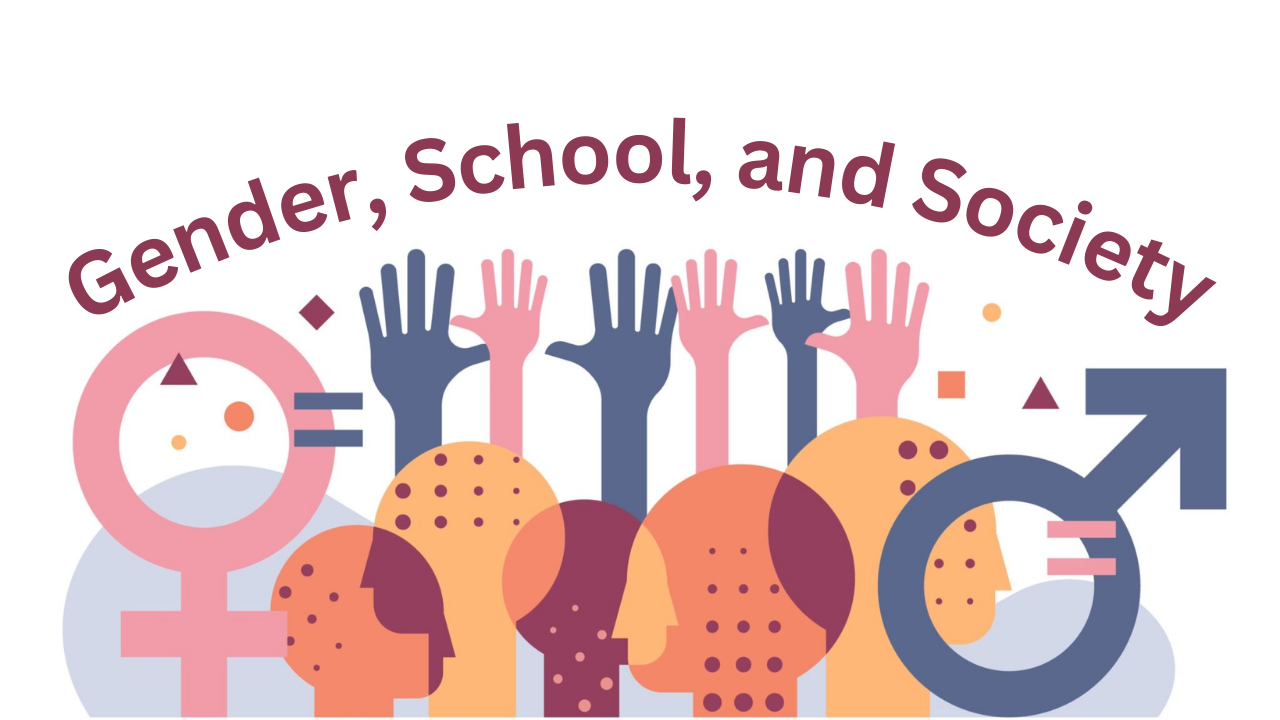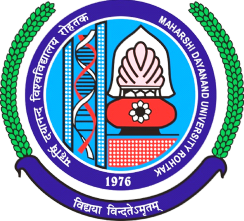
The course Gender, School, and Society is designed to provide prospective teachers with a critical understanding of the interplay between gender and education within the broader social, cultural, and institutional contexts. It aims to develop awareness and sensitivity toward gender issues in education and equip future educators with the theoretical knowledge and pedagogical tools necessary to foster inclusive and equitable learning environments.
The course introduces fundamental concepts of gender, including gender identity, gender roles, stereotypes, equity, and equality. It explores the intersectionality of gender with caste, class, religion, ethnicity, and disability, emphasizing how these intersections shape individual identities and access to education. Participants will examine the historical evolution of gender issues in Indian education, including key social reform movements and policy developments that have influenced gender discourse.
Theoretical frameworks such as socialization theory, structural theory, deconstructive theory, and gender difference theories will be studied, particularly in the Indian context, to understand the construction and perpetuation of gender roles within educational systems. The course facilitates critical reflection on how these theories relate to classroom practices, curriculum, and institutional structures.
A major component of the course focuses on socialization processes and the roles played by families, schools, and communities in shaping gender norms and expectations. It explores the implications of parenting styles, school entry, peer culture, and community influence on gender identity formation. The course underscores the role of teachers as transformative agents capable of challenging stereotypes and promoting a culture of equity within and beyond the classroom.
The course emphasizes the design and implementation of gender-responsive pedagogy, highlighting strategies for creating inclusive classrooms. It encourages the development of gender-sensitive curricula and teaching practices that critically address biases and promote equity. Participants will engage in practical tasks such as lesson planning, activity design, and classroom observation with a focus on gender inclusion.
In addition, the course provides an overview of national and international gender-related educational policies, including the National Education Policy (NEP 2020), and examines their implications for schools and teacher practice. Teachers’ roles in enacting these policies and advocating for gender justice in education are critically analyzed.
The dynamic relationship between schools and society is examined through the lens of value formation and identity construction. Participants will reflect on the educational role in cultivating values such as equity, secularism, and human dignity, and in shaping a socially just and inclusive national identity.
Field-based assignments are an essential component of the course. Activities may include school visits to observe gender practices, collection and analysis of cultural narratives (e.g., folk tales, proverbs) reflecting socialization, and project-based work such as designing a gender-equitable school model. These experiential learning components strengthen the connection between theory and practice.
- Teacher: Dr. Amitam GBCOE
- Teacher: Dr. Anju GBCOE
- Teacher: Dr. Geeta Rani GBCOE

